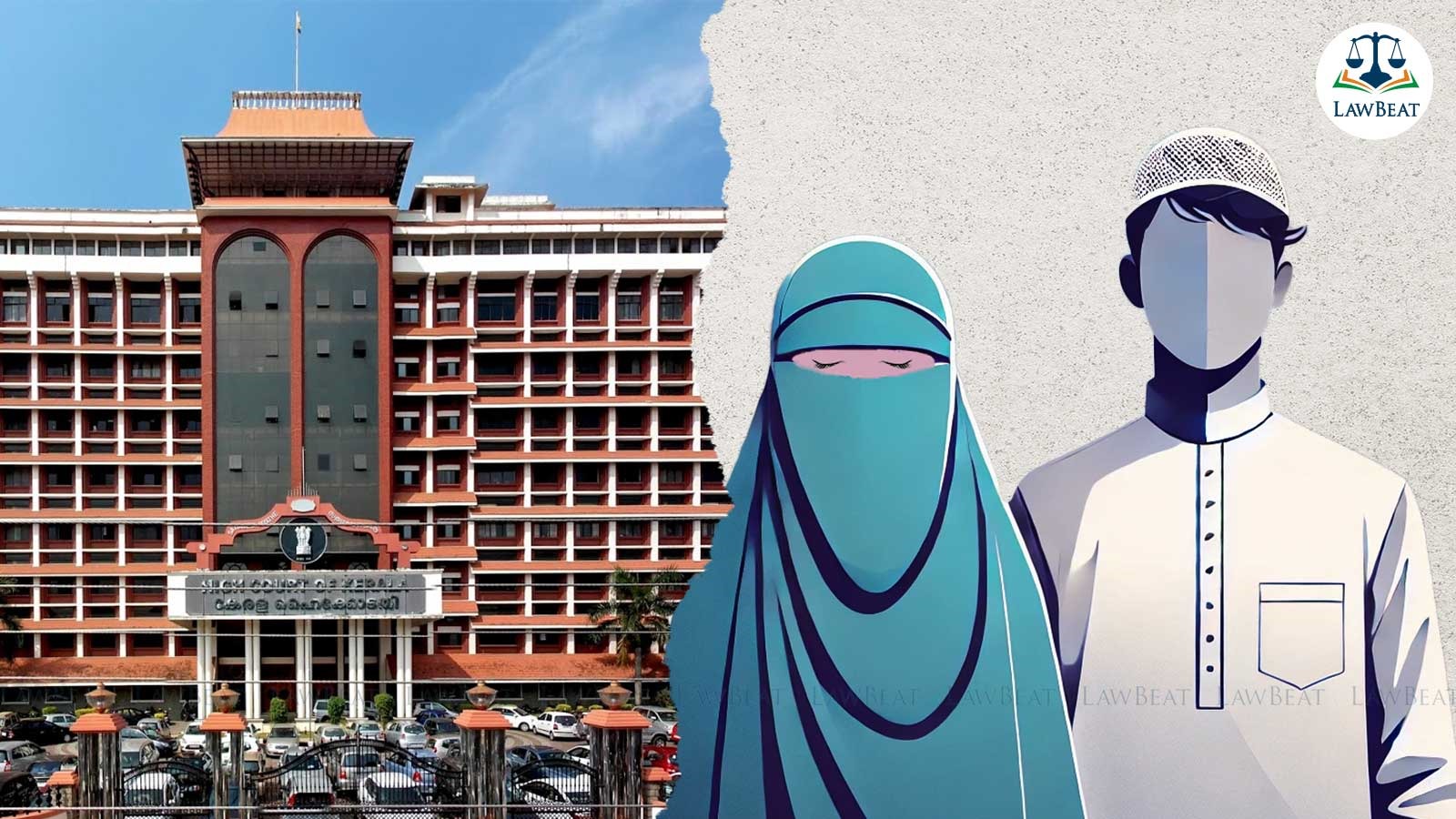Prohibition of Child Marriage Act Supersedes Personal Law : Kerala HC

The court highlighted the repercussions of child marriage and emphasised that religion is secondary and citizenship is primary and the Act of 2006 which prohibits child marriage, is applicable to all irrespective of religion
The the Kerala High Court has ruled that the Prohibition of Child Marriage Act, 2006 supersedes the personal laws including the Muslim Personal Law (Shariat) Application Act, 1937. The court stated that every Indian citizen, regardless of their religion and location, is bound to adhere to the law prohibiting child marriage.
Justice P. V. Kunhikrishnan, presiding over the court, clarified that “if a person is a citizen of India, Act 2006 (Prohibition of Child Marriage Act, 2006) is applicable irrespective of his religion, whether he is a Hindu, Muslim, Parsi, Christian etc.” The court emphasised that a person's primary status as a citizen of the country takes precedence over their religion and that citizenship is primary, and religion is secondary, and therefore, all citizens, regardless of their religion, are bound by the Act.
The court’s observation came while dismissing a petition filed by Moidutty Musaliyar, the father of a minor girl who was married off, challenging the proceedings against him and others under under the Prohibition of Child Marriage Act. The petitioners argued that under Islamic law, a Muslim girl has the right to marry upon reaching puberty, typically at 15 years old.
However, the court rejected this argument, expressing that “Kerala is known for its 100% literacy. But, it is sad to hear that, even after the enactment of the Prohibition of Child Marriage Act decades ago, there are allegations of Child Marriage in Kerala. The saddest thing is that the petitioners herein are trying to justify the alleged child marriage stating that as per Mohammedan Law, a Muslim girl enjoys a religious right to marry after attaining puberty irrespective of age, even though the Prohibition of Child Marriage Act apply to all the citizens of India without and beyond India.”
The court highlighted the severe repercussions of child marriage, noting that it denies children their fundamental human rights, including access to education and health care. Early marriages pose significant health risks such as infant and maternal mortality, sexually transmitted infections, and adverse pregnancy outcomes. Additionally, child brides often face educational setbacks, domestic violence, and economic disadvantages, perpetuating cycles of poverty and limiting future opportunities.
“Let the children study according to their wishes. Let them travel, let them enjoy life and when they attained maturity, let them decide about their marriage. In the modern society, there cannot be any compulsion for marriage. Majority of the girls are interested in studies. Let them study and let them enjoy their life, of course with the blessings of their parents. When they attain majority and decided that a partner is necessary in their life, let it happen at the appropriate stage so that child marriage can be eradicated from the society,” the court remarked.
The court also underscored that every citizen has a duty to prevent child marriages and urged magistrates to be vigilant in taking suo moto cognizance of child marriages.
The court concluded by pointing out the vital role of print and visual media in combating child marriages and creating awareness about it. “It is the duty of the Print and Visual Media to publish articles highlighting the evils of child marriage, sharing stories of survivors and victims, creating awareness about the loss and consequences of child marriage, promoting education and empowerment of girls and exposing perpetrators and their actions,” the court noted. It also urged that visual media should broadcast documentaries and shows about child marriage, create public service announcements, and run awareness campaigns. It also recommended depicting the negative consequences of child marriage in movies and TV shows, and conducting interviews with experts, survivors, and activists. The court emphasised that media should also educate the public about the physical, emotional, and psychological harm caused by child marriage.
Conclusively, the court ruled that “no case is made out by the petitioners to quash the proceedings,” while dismissing the petition.
Cause Title: MOIDUTTY MUSLIYAR v STATE OF KERALA [CRL.MC NO. 2515 OF 2016]
